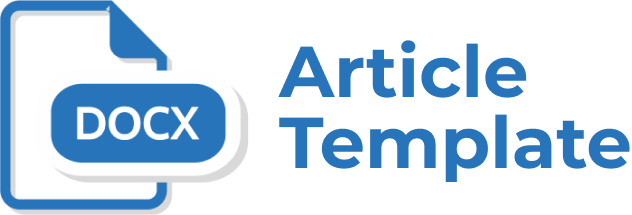Differences of Bounded Inquiry Laboratory and Guided Inquiry Laboratory to Students’ Cognitive Achievement
Abstract
Full Text:
PDFReferences
Cheng, S., Lin, C., Chen, H., and Heh J., 2005, Learning and diagnosis of individual and
class conceptual perspectives: an intelligent systems approach to using clustering
techniques, Computers and Education, v. 44, p. 257-283.
Dahar, R. W., 2011. Teori Teori Belajar. Jakarta: Erlangga
Driver, R., Asoko, H., Leach, J., Mortimer, E. & Scott, P. (1994). Constructing
scientific knowledge in the classroom. Educational Researcher, 23(7), 5-12.
Keys, C.W., & Bryan, L.A. 2001. Co-constructing inquiry-based science with teachers:
essential research for lasting reform. J. Research in Science Teaching, 38, 631-645.
Kuhlthau, C.C., Maniotes, L. K., & Capsari, A. K. 2007. Guided Inquiry: Learning in the 21
st
Century. London: Libralies Unlimited.
Marheni, N.P., Muderawan, I W., dan Tika, I N. 2014. Studi Komparasi Model Pembelajaran
Inkuiri Terbimbing dan Model Pembelajaran Inkuiri Bebas Terhadap Hasil Belajar dan
Keterampilan Proses Sains Siswa Pada Pembelajaran Sains SMP. E-jurnal Program
Pascasarjana Pendidikan Ganesha, 4.
National Research Council. 1996. National Science Education Standards. Washington, D.C::
National Academy Press.
Wenning, C. J. 2005. Levels of Inquiry: Hierarchies of Pedagogical Practices and Inquiry
Processes. Journal of Physics Teacher Education Online, 2(3), February 2005, pp.
- 12. Diperoleh tanggal 9 September 2014, dari http://www.phy.ilstu.edu/jpteo/.
. 2005b. Implementing Inquiry-Based Instruction in The Science Classroom: A New
Model For Solving The Improvement-of-Practice Problem. Journal of Physics Teacher
Education Online, 2(4): 9-15.
. 2011. The Levels of Inquiry Model of Science Teaching. Journal of
Physics Teacher Education Online. 6(2), Summer, pp. 2-7
Refbacks
- There are currently no refbacks.


